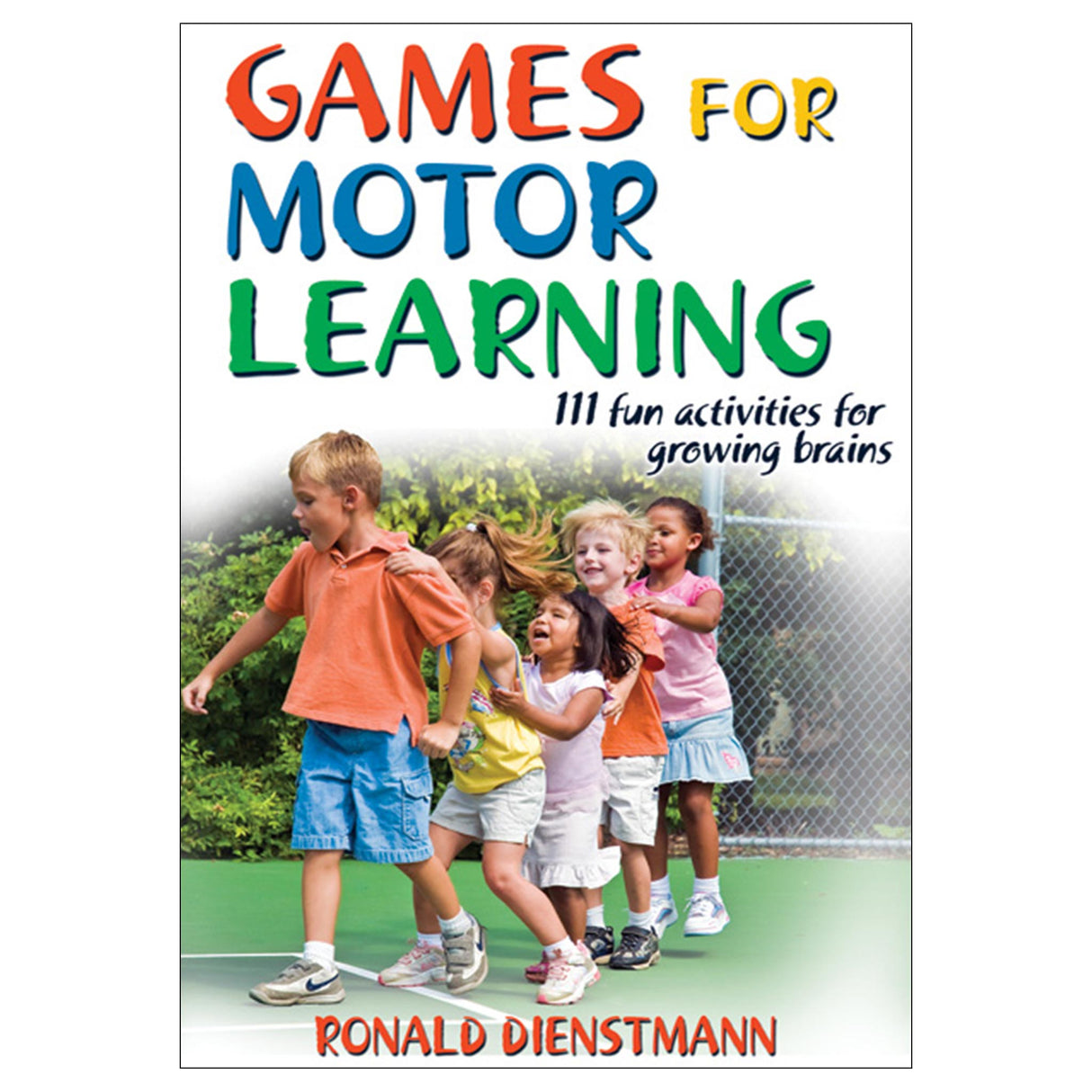Games for Motor Learning
Author: Ronald Dienstmann
$25.00 USD
Games for Motor Learning provides you with 110 games your students will enjoy. Each game has been field-tested over 10 years by experienced teacher and coach Ron Dienstmann. These games integrate the schema theory of discrete motor skill learning, cooperative learning, and brain research on emotions and learning into a unified teaching concept. As a result, you get a book of games that are
- easy to use,
- fun and inclusive,
- extensively field tested to promote motor learning, and
- backed by research.
You can quickly and easily find games appropriate for your needs and immediately put them to use in your curriculum. Each game engages kids' minds, keeps them active and moving, and can be used for various skill levels. The author's extensive field testing has produced games that enhance motor skill development. Guided and shaped by research in multiple areas that affect this development, these games will help students meet the NASPE standards 1 and 6 related to motor learning as well as cooperative and social skills. While students are having a blast playing these games, they'll be improving their balance, manipulative skills, locomotor skills, and social skills.
In part I, you learn the theory behind the games as Dienstmann delves into the research backing the schema theory, cooperative learning, and emotions and learning. This sets the stage for part II, which delivers the 110 games in these categories: locomotor games, manipulative skills activities, stability games, and combined movement activities.
Games for Motor Learning will help students develop their motor skills based on a sound theoretical model. Your students might not care about the theory, but their laughter and excitement in playing the games will parallel their skill development. And that makes Games for Motor Learning a win–win proposition for students and teachers alike.
Audience
Games book for elementary physical education teachers, classroom teachers, and youth activity leaders.
Part I. Theory Leading to Practice
Chapter 1. The Schema Theory of Discrete Motor Skill Learning
Chapter 2. Cooperative Learning
Chapter 3. Brain Research on Emotions and Learning
Part II. Motor Development Games and Activities
Chapter 4. Locomotor Activities and Games
Chapter 5. Manipulative Activities and Games
Chapter 6. Stability Activities and Games
Chapter 7. Combined Movement Activities and Games
Chapter 8. My Vacation Stories





